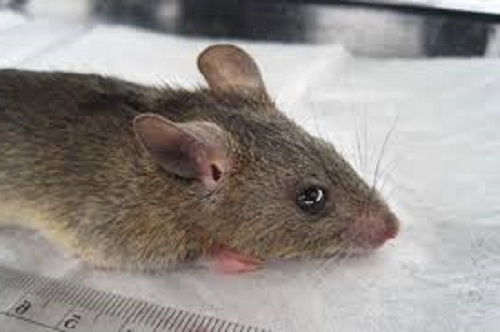The National Deratization framework exercise is a crucial step in preventing and controlling the spread of Lassa fever in Nigeria. Dr. Iziaq Adekunle Salako emphasized that creating an environment hostile to disease vectors is essential. Dr. Yakubu Baba Muhammad highlighted the mandate for all public and private facilities to undergo deratization and receive a Derating Exemption Certificate. Capacity building for practitioners and community health education are crucial elements of the initiative.
Preventive measures at the community level include proper waste management, rat-proofing food storage, and avoiding the exposure of remnant foods that attract rats. Dr. Yakubu stressed the need to discourage farming practices near roads, which can attract rats due to the accumulation of food remnants. Additionally, he advised against consuming bushmeat due to the virus’ potential residual effects.
Awareness and education are key components of the initiative. By targeting grassroots levels and involving both government efforts and individual citizen actions, the collective responsibility in combating Lassa fever is underscored. The emphasis on maintaining hygienic practices, avoiding potential rat habitats, and reducing risky behaviors such as consuming bushmeat contribute significantly to disease prevention.
The directive to address the core issues that provide breeding grounds for disease vectors and promote sustainable solutions is a vital aspect of the National Deratization framework exercise. By focusing on both environmental modifications and behavioral changes, the initiative aims to create a safer and healthier living environment for all citizens. The comprehensive approach involving multiple stakeholders and sectors underscores the seriousness of the Lassa fever threat and the necessity for proactive measures to combat it effectively.



